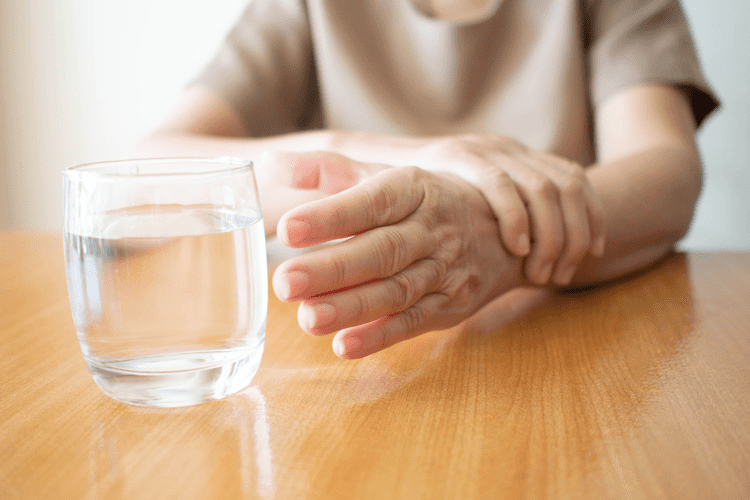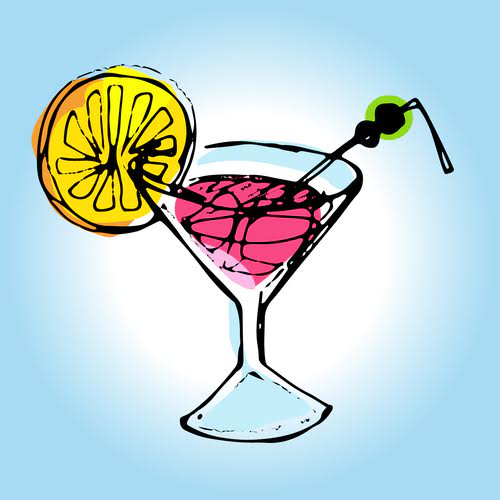Although these studies raise important questions, researchers cannot draw definitive conclusions about the association between alcoholism and psychiatric disorders for a number of reasons. The major problem encountered in these studies involved the use of research methods that failed to address several important issues that might have explained the observed relationships (Allan 1995; Schuckit and Hesselbrock 1994). Specifically, some studies focused on drinking patterns rather than on alcohol dependence or described mood/anxiety symptoms rather than true psychiatric disorders.

Treatment and Rehabilitation for Alcohol Dependency
There are 3 types of loneliness i.e. situational loneliness, developmental loneliness and internal loneliness 14. Even if it’s painful to admit your addiction and loneliness to others — or yourself — this is a battle that can be won, and you deserve happiness. You might not feel like a “fun” person unless you’ve had a drink or two. Join a local basketball or bowling league — provided it’s held in an alcohol-free bowling alley. Enroll in a Spanish class or if you’re into comedy, hook up with an improv group.
- Australians spend more than $23 billion a year on gambling, and whilst some people can have the occasional bet without it being an issue, others gamble more – to the point where it impacts their daily life and becomes a problem.
- Women have a higher risk of developing alcohol-induced liver injuries than men.
- These blues usually don’t linger, though, so you’ll probably feel better in a day or so.
- It doesn’t have to be Alcoholics Anonymous — I know not everyone is into the whole 12-step recovery thing — but there are tons of other support groups for people who are struggling with alcoholism.
Addressing problem drinking
However, this can lead to a vicious cycle where drinking exacerbates these issues, leading to more drinking as a means of temporary relief. It’s important to differentiate between typical hangover symptoms and depression. While hangover symptoms usually resolve within 24 hours, depressive symptoms may persist for longer periods. If you find yourself consistently experiencing does drinking make your depression worse these symptoms after drinking, or if they interfere with your daily life, it may be time to seek professional help.
- They can be helpful for many, so talk to your doctor about this option.
- In some cases, it’s a result of physical isolation, while in other cases, it’s due to feeling emotionally lonely and depressed.
- Alcohol misuse can lead to broken relationships with family and friends, loss of a job, and an inability to fulfill responsibilities at home, work, or socially.
- This article briefly reviews some of the recent literature on the complex interaction between alcohol dependence and the longer lasting anxiety or depressive disorders.
Other Ways Alcohol Can Affect Your Life

They may think they’re a burden to others and begin to develop a higher pain tolerance and fear of suicide. Overwhelming feelings of fear, loneliness, depression—or complete numbness. However, as alcohol continues to be metabolized by the body, its depressant effects begin to take hold.

Alcohol and depression often feed into each other, creating a destructive cycle that can be hard to break. Understanding depression, its various forms, and how it interacts with alcohol use is the first amphetamine addiction treatment step toward breaking this cycle. The impact alcohol has on one’s health and body, including on crucial brain chemical messengers like serotonin, is generally negative, especially over the long term. It is frequently used as a coping mechanism because it can make someone feel good in the short term, but over the long term, alcohol can actually make depression and anxiety worse. Its use also puts one at an increased risk of several neurological disorders and physical disorders that put someone at a further increased risk for psychological conditions.
Left untended, loneliness can have serious consequences for mental and physical health of people. Therefore it is important to intervene at the right time to prevent loneliness, so that physical and mental health of patients is maintained. For some people, drinking alcohol at an early age increases their risk of developing mental disorders later in life. Because of genetic factors, those who are genetically susceptible may experience more intense emotional effects from drinking.
